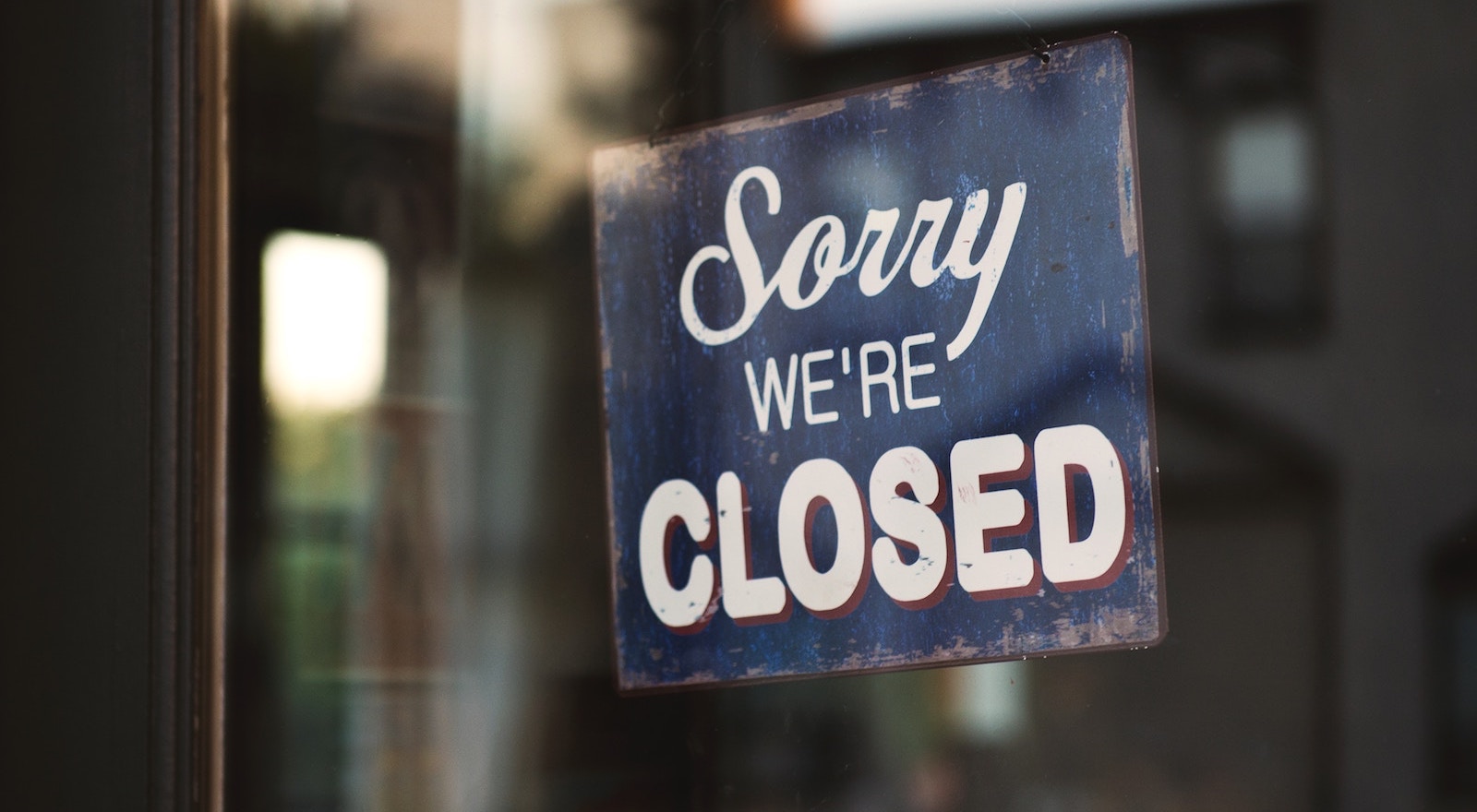Stop with sorry. Start with connection.

At work: “Sorry I’m late!”
From a (non) participant: “Sorry I couldn’t make it to your session.”
From a colleague: “Sorry I didn’t get back to you.”
On the plane: “Sorry for the delay in taking off.”
At the grocery store: “Sorry the wait was so long.”
From my spouse: “Sorry for interrupting.”
From a dear friend: “Sorry for being such a mess.”
The above phrases were all uttered to me in the past 24 hours.
Imagine hearing the characters above saying these phrases in the most genuine, well-meaning tones imaginable. Now picture how they made me feel. Since channeling my feelings might be a bit much, I’ll tell you what I was feeling: exasperated, frustrated, manipulated, dismissed, put out, ignored, and guilty.
You’re probably thinking… Whoa! Take it easy, sister! They said they’re sorry. Clearly they meant well, maybe lighten up a little bit?
I’m afraid I can no longer let the overuse of the word “sorry” and it’s equally overplayed “we apologize” go. In my quest to get people to engage and to connect with one another, eliminating the overuse of “sorry” is my current mission. Here’s why.
Why does the word “sorry” get me so riled up? Its constant use has rendered it meaningless. For example, we KNOW when we get on a plane we’re going to hear the captain with his oh-so-genuinely scripted, “Hey folks, Captain Bill from the flight deck here…unfortunately the toilet is backed up. We apologize for the inconvenience and we are really sorry for any trouble this may cause.” NO YOU ARE NOT AND WE KNOW YOU ARE READING THAT FROM A MANUAL AND YOUR SCRIPTED APOLOGY MEANS NOTHING. A for effort. F for making me feel any better.
This brings me to my next point. For argument’s sake, we’ll assume all of the sorrys listed above and from our pilot were well intentioned. With those good intentions, we think with a quick wave of our sorry wand, everything will be OK.
We now use “sorry” as if it’s a GOOJFC–Get Out Of Jail Free Card
If we just say sorry, they can’t be mad! If we just apologize, they’ll understand! If we just say sorry, all will be forgiven!
Let’s talk about why we say sorry so much and why we think by saying it, all will be forgiven.
My theory, at its most basic: it’s because our mamas told us it’d be so. When we were kids, we were told say you’re sorry, and it’ll be OK. Maybe when we pushed Tommy in the playground a mumbled, “sorry” got us out of detention and back to the swing set. However, we’re now grown ups (in theory). And now, perhaps we want a little more. Perhaps we need a little more than a begrudging “sorry” or a scripted apology.
Now we’re looking for some acknowledgement, understanding, to be heard, to feel understood. Which is why that quick sorry is no longer cutting it for us. Instead of sorry, I see an opportunity for us to really engage and powerfully impact the person we are apologizing to.
How to do so will be coming up in the next edition.
For now, I’m going to throw down a multi-part pay attention challenge:
· Today, I want you to listen to how many times you hear “sorry” or “apologize” during your day.
· Today, listen to how many times you hear yourself say “sorry”, “apologize” or a version there of. (“My bad” counts.)
After you notice how often it’s said and you’re saying it, pause for a second and get in touch with how you’re feeling.
Ask yourself:
· How do I feel after hearing “sorry”?
· How would I WANT to feel in this situation?
My bet is the answers to those two questions are going to be completely different.
I’m on a mission to get people to engage and connect
Eliminating the overuse of “sorry” and bringing back its genuine meaning is the first step in my quest.
Did you accept the challenge? Let me know in the comments how many sorrys crossed your ears today…and how you’re feeling about it.

Join My List!
TIPS ON CREATING A “CULTURE OF CONNECTION”
Are you tired of reading the same regurgitated information? Do you want to learn
fresh, new connection tactics that your competition doesn’t know about? Just click the button below to subscribe today to get the latest news, updates and special offers.


0 Comments